An in depth new research carried out in Germany and Poland has revealed widespread societal assist for rewilding and the return of wildlife within the Oder Delta. It additionally highlighted the necessity to proceed selling the advantages of nature restoration and the restoration of pure processes – notably to folks residing in and across the delta.
iStock
A widespread choice for rewilding
A brand new research, involving on-line surveys of over 2000 folks throughout Poland and Germany, has discovered that almost all of contributors favour the return of huge carnivores and herbivores – similar to gray wolves and Eurasian elk – within the cross-border Oder Delta area. These surveyed have been chosen to offer a consultant pattern of the respective nationwide populations, based mostly on components similar to age, gender and revenue. The Rewilding Oder Delta group, who contributed to the design of the research, are engaged in a variety of measures that assist wildlife comeback, restore pure processes, and promote coexistence.
The Oder Delta, which extends over 450,000 hectares throughout the northern border between Germany and Poland, is especially suited to wildlife comeback. It contains various pure habitats – similar to riparian forests, standing and flowing water, open and semi-open inland dunes, and heathlands – and is surrounded by a various panorama of forests, rivers, and wetlands. Species similar to Eurasian elk, gray wolf, and Eurasian beaver are at varied levels of recolonisation – supported by coexistence measures on each the Polish and German facet – whereas European bison are step by step shifting eastwards in direction of the delta from Poland.
“The strategy taken within the survey allowed us to calculate the respondents’ willingness to pay for various administration interventions within the delta,” explains lead writer of the research Rowan Dunn-Capper, who’s connected to the German Heart for Integrative Biodiversity Analysis (iDiv) and the Martin Luther College Halle-Wittenberg (MLU). “Regardless of some geographical variation, we discovered an general choice for rewilding amongst contributors, in comparison with land use intensification.”
“At a normal degree, I feel our findings present that rewilding has the general public acceptance to develop into mainstream throughout Europe,” provides senior writer Professor Henrique Pereira, Head of Biodiversity Conservation at MLU and iDiv.
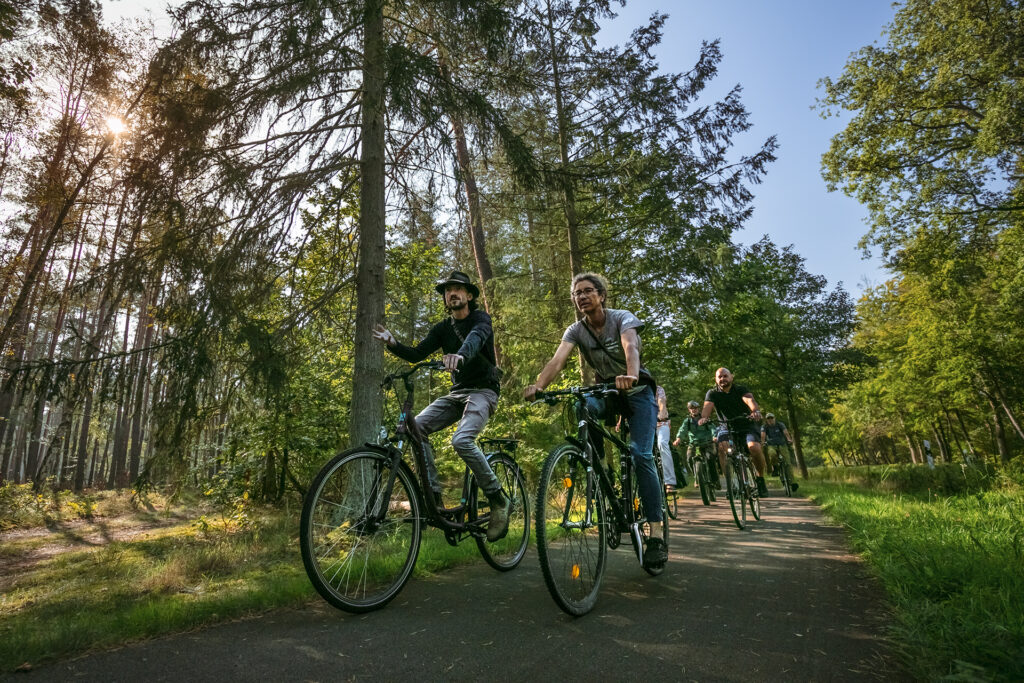
Neil Aldridge
Stunning outcomes
The outcomes of the research, which was carried out by a group of researchers led by (iDiv) and (MLU), have been printed in an article within the British Ecological Society’s Folks and Nature journal. Individuals have been introduced with completely different rewilding eventualities within the Oder Delta, with most individuals at a nationwide degree displaying a choice for the return of a wholesome and useful nature. A willingness to pay for eventualities through which massive animal species have been current within the delta was virtually 3 times bigger than for restoring pure parts of the panorama.
“To seek out such a choice was shocking given the often-negative portrayal of huge animal species, notably the wolf, within the standard media,” says Rowan Dunn-Capper. “It suggests the general public in Germany and Poland could also be extra supportive of wildlife return within the delta than first thought.”
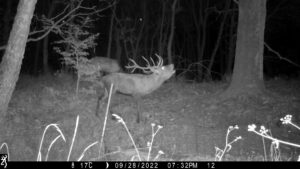
Rewilding Oder Delta
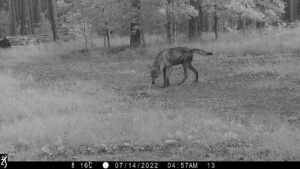
Rewilding Oder Delta
Broadly optimistic assist
The rewilding eventualities introduced to contributors within the survey included the situations of rivers and forests within the delta, in addition to the presence of huge animals similar to Eurasian elk, Eurasian lynx, and gray wolves. Along with a “establishment” possibility – which represented an intensification of land use within the delta – respondents have been introduced with two various eventualities with various biodiversity advantages.
Importantly, solely the established order possibility got here at no extra value. The 2 various choices have been related to tax funds to fund the required rewilding interventions, which means that respondents have been confronted with a trade-off: a rise in advantages supplied by nature, together with a rise in taxes. Whereas a willingness to pay for the return of huge animals was highest, respondents in each Germany and Poland additionally confirmed a powerful choice for rewilding forests, rivers, and agricultural land.
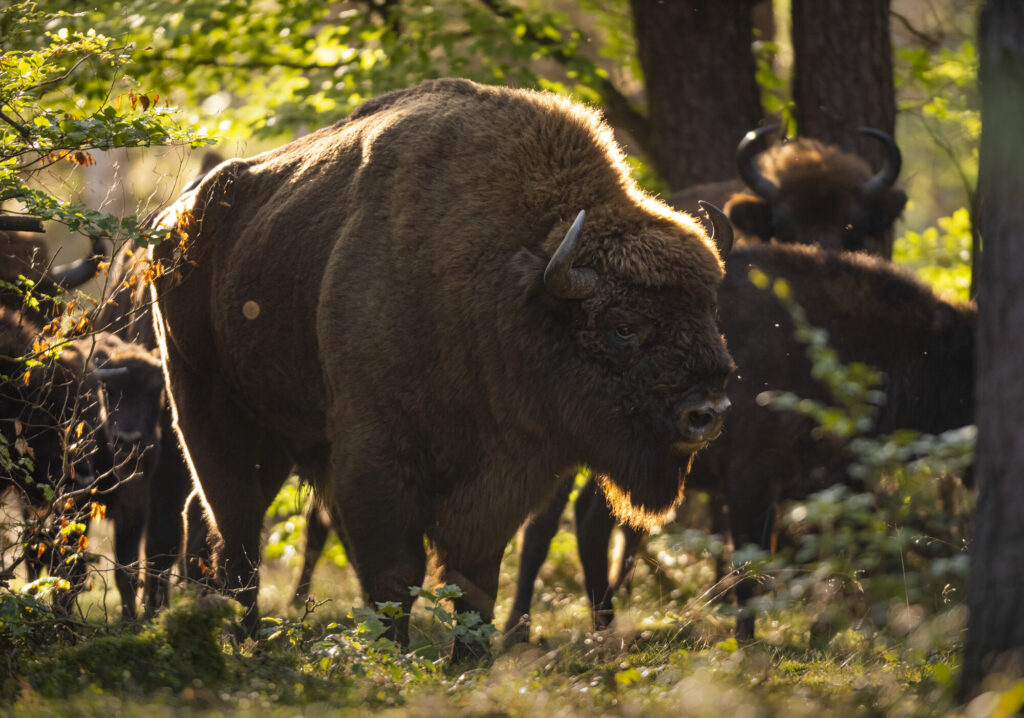
Neil Aldridge
Implications for future rewilding
Round 100 folks surveyed in each Germany and Poland lived inside 100 kilometres of the Oder Delta. In comparison with the nationwide degree, these contributors confirmed some reservations about rewilding, which has potential implications for stakeholder engagement and ongoing measures to advertise human-wildlife coexistence. Some expressed a reluctance to maneuver in direction of pure flooding regimes, and to assist the return of huge predator species.
The findings of the research present how necessary it’s to know public sentiment in direction of rewilding. Additionally they underscore the necessity for inclusive and proactive conservation methods that respect each native preferences and anticipate the return of wildlife.
“I feel the outcomes spotlight that extra in-depth consultations are wanted with folks residing across the Oder Delta, and that whereas rewilding could have important public assist typically, for a given intervention to achieve success we have to guarantee locals are on facet,” says Rowan Dunn-Capper.
“One of many key takeaways is that we have to hold focusing our efforts on conveying the advantages of rewilding to folks throughout society, each by way of pure processes and returning wildlife species,” say Izabela Skawinska-Luther, a communications officer connected to the Rewilding Oder Delta group. “In order that when folks hear the phrase ‘flooding’ or ‘wolf’, they’ve reasonable associations based mostly on info.”
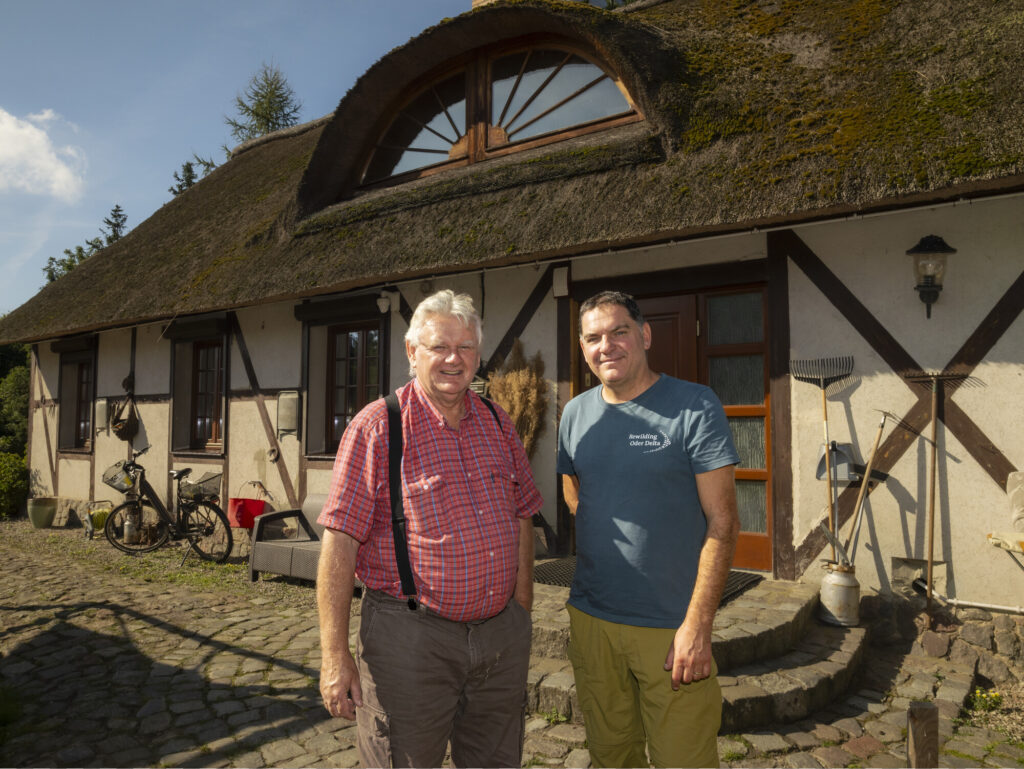
Neil Aldridge
REWILD_DE
The brand new cross-border research offers helpful background context for a three-year analysis programme entitled “REWILD_DE“, which kicked off in 2022. It includes 4 companions: the Helmholtz Centre for Environmental Analysis, iDIV/ MLU, the Eberswalde College for Sustainable Growth (HNEE), and Rewilding Oder Delta. The programme, which is analyzing rewilding and the advantages it offers to each folks and nature, may finally result in rewilding being scaled up throughout Germany, with the Oder Delta appearing as a task mannequin.


















